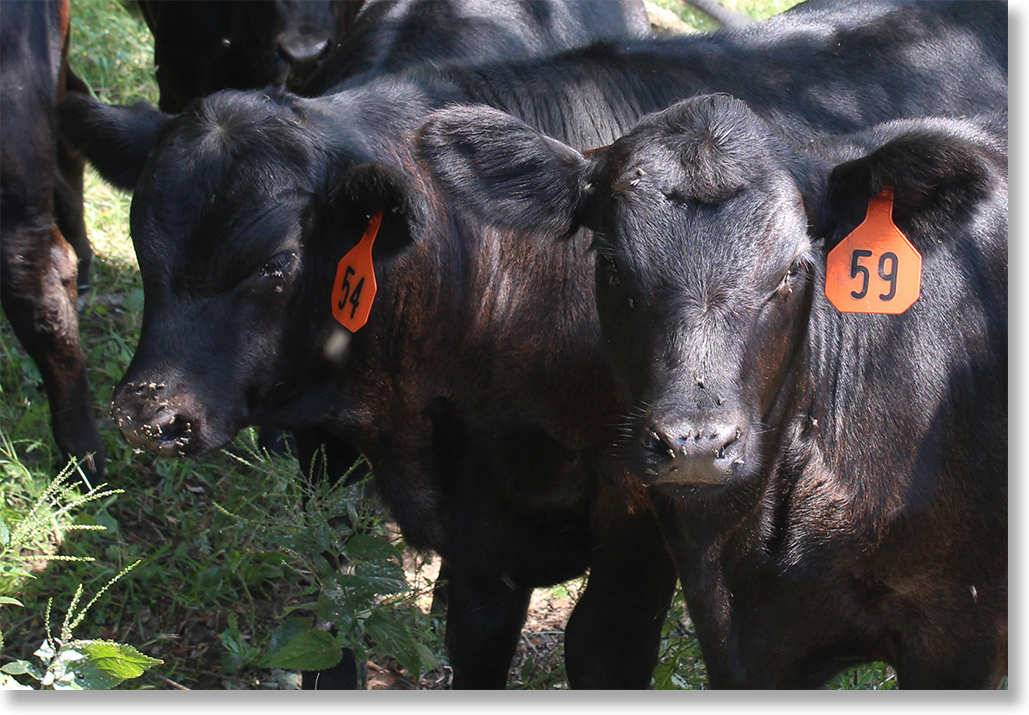|
Meatpacking Corporations Cash in on Pandemic
While Family Farms and Consumers Foot the Bill "We need a democratic, decentralized industry" by Barb Kalbach, Jefferson Jones John Harter, Darrel Mosel Iowa, Missouri, South Dakota and Minnesota |
||||
For most Americans, the fallout from the pandemic offered a crash course in how supply chains work (or rather, don’t work), especially in the meat supply. Suddenly grocery stores were rationing how much pork and beef each person could purchase, and consumers could no longer depend on getting the meat they needed at their local store. While the general public may have been shocked to see how quickly the meat supply grinded to a halt, farmers and ranchers, like us, were not. Just a handful of multinational companies, including Smithfield (China), Tyson (U.S.) and JBS (Brazil), control a critical step in the supply chain for pork and beef slaughter and processing. This industrial system hinges on a small number of massive slaughterhouses and processing plants, and these facilities are uniquely vulnerable to the spread of COVID-19. With hundreds of workers standing shoulder to shoulder during a grueling and frenzied eight-hour shift, it is nearly impossible to practice protective measures like social distancing, which is why more than 17,300 meat and poultry processing workers in 29 states were infected with COVID-19 in April and May alone. Through it all, the big meat companies used threats of empty store shelves to resist calls to protect their workers by slowing down processing lines or temporarily closing plants. While the news media showed pictures of empty meat cases in grocery stores, meat supplies were being exported from the U.S. to other countries and a historic amount of meat sat in cold storage. This is the result of years of overproduction, which the meatpackers intentionally fuel to drive down prices paid to family farmers. Big meat companies increased their profits during this unprecedented crisis, even as independent family farm livestock producers were paid less, workers were put at greater risk, and consumers paid more for food staples. In one recent example, the June price for a steer going to market from the feedlot was more than $200 lower than it has been for the last several years. Yet, the price of beef at grocery stores just saw the largest monthly increase ever recorded. Things are so bad for livestock producers that several members of Congress and state attorneys general have called for investigations by the Federal Trade Commission and Department of Justice. If done in good faith, these long-overdue investigations will confirm what farmers and ranchers like us have known for a long time: These companies rig the system to both increase their profits and deepen their control of livestock markets. But we need more than investigations. Our elected officials can act today to take on these global meat corporations and support workers and family farmers during this challenging time by making sure pandemic response assistance goes to independent family farmers who need it to survive, not multinational corporations making a racket. We also must protect workers by establishing enforceable workplace safety and health standards, preventing retaliation for reporting infection control problems or taking sick leave, and requiring tracking and public reporting of COVID-19 outbreaks in workplaces. To help family farms, lawmakers should set rules that allow independent livestock producers and small and mid-sized packing plants to compete on a level playing field by finalizing the USDA Farmer Fair Practice Rules. We also need to establish a moratorium on new agribusiness and food industry mergers to stop excessive corporate control from getting even worse and reinstate mandatory Country of Origin Labeling so U.S. consumers have the option to choose U.S. born, raised and processed meat. Lastly, we need to stop public taxpayer funding of corporate factory farms that fuel the corporate takeover of the meat system. With livestock backing up on farms because of supply chain disruption, this is no time to build more large-scale factory farms. Factory farms flood the market, push prices down and independent family farmers out, and exist to feed these giant corporate slaughterhouses. One of the many lessons we have learned from this global pandemic is that it matters who controls our food system. Right now, it’s a few multinational conglomerates that write the rules and extract every cent of wealth they can from family farmers, workers and consumers. Instead, we need a democratic, decentralized industry that benefits and lifts-up independent family farmers, consumers, our national and food security, and environment. The multinational meat companies who created this mess must not be the ones who decide what happens next for our food supply. It’s got to be all of us.
|
||||
|
Published in In Motion Magazine September 19, 2020 |
||||
If you have any thoughts on this or would like to contribute to an ongoing discussion in the  What is New? || Affirmative Action || Art Changes || Autonomy: Chiapas - California || Community Images || Education Rights || E-mail, Opinions and Discussion || En español || Essays from Ireland || Global Eyes || Healthcare || Human Rights/Civil Rights || Piri Thomas || Photo of the Week || QA: Interviews || Region || Rural America || Search || Donate || To be notified of new articles || Survey || In Motion Magazine's Store || In Motion Magazine Staff || In Unity Book of Photos || Links Around The World NPC Productions Copyright © 1995-2020 NPC Productions as a compilation. All Rights Reserved. |


